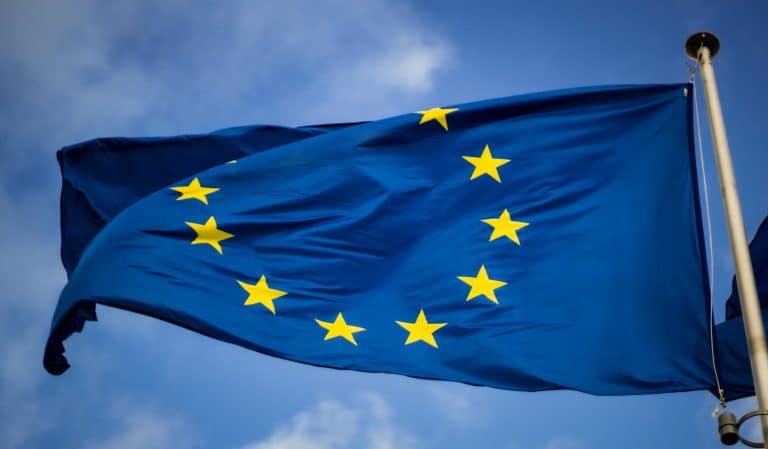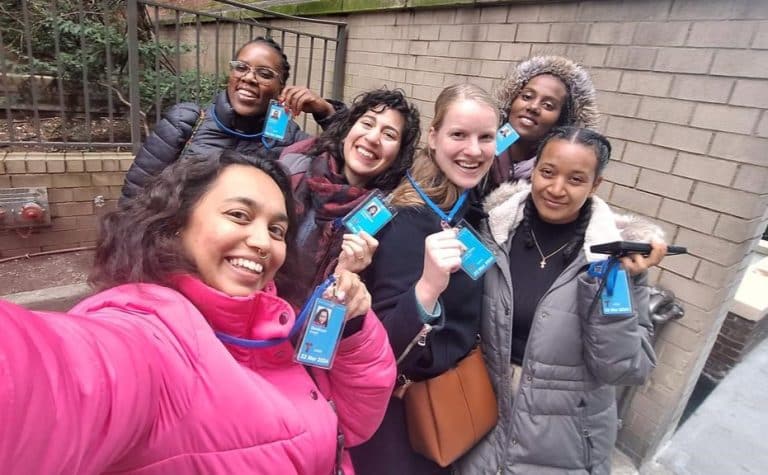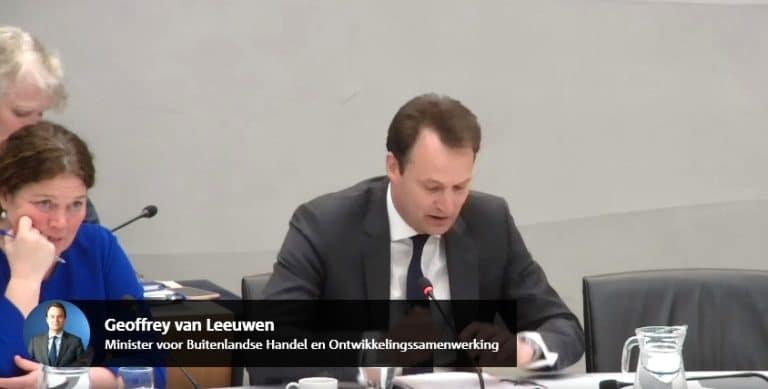This year, on April 7th, World Health Day coincides with the 75th anniversary of the World Health Organization (WHO). With its anniversary campaign “Health for all: 75 years of improving public health”, the WHO calls for action for health equity in face of unprecedented threats. This includes protecting and investing in health and care workers. In honour of its 75th anniversary, we highlight some of WHO’s initiatives and celebrate the progress in achieving global health justice.
Wemos’ advocacy and lobbying efforts are closely related to those of the WHO, the world’s biggest global organisation working to advance the right to health. We have collaborated alongside the WHO and other civil society organisations on various occasions to promote accessible and equitable health systems on regional and global levels.
Quantity, quality and resilience of the health and care workforce across the globe
The WHO is a global leader in setting standards for skilled, motivated and well-equipped health workers for all. Especially throughout the Covid-19 pandemic, it worked tirelessly to improve the protection and support of health and care workers, and investments in the health and care workforce.
A recent landmark is the Bucharest Declaration on the Health and Care Workforce, adopted on 22 March by Member States of the WHO European Region and other health actors. It marks the commitment of governments and non-state actors to work together to increase the supply of health and care workers, improve their retention and recruitment, and optimize their performance. As a non-state actor in official relations with the WHO European Regional Committee, Wemos had the opportunity to help shape and co-sign the declaration.
This week, the WHO hosted the 5th Global Forum on Human Resources for Health (HRH) during World Health Worker Week. Together with other civil society organisations, we co-wrote an ‘action brief’ (to be published) on scaling up investments for human resources for health. We presented strategic actions to improve and promote investments in the health and care workforce, which were included in the action brief.
The Forum also prominently featured the topic of migration and mobility of health workers in an increasingly globalized health labour market. This is a topic that Wemos has been engaging on with WHO since the adoption in 2010 of the WHO Global Code of Practice on the International Recruitment of Health Personnel. The WHO Secretariat plays a pivotal role in championing this agenda and keeping Member States engaged in the debate.
Sharing of intellectual property, knowledge and data during pandemics
The WHO has made important steps towards equitable, global access to medical innovations during pandemics through the sharing of intellectual property (IP), knowledge and data. In the early days of the Covid-19 pandemic, in May 2020, the WHO together with Costa Rica initiated the Solidarity Call to Action, asking for support from countries to set up and use a sharing mechanism, called the Covid-19 Technology Access Pool (C-TAP). By sharing all the information needed to produce medical countermeasures, the production can be maximized and countries can become self-reliant.
C-TAP has not yet reached its full potential as only two public research institutes (and not a single private pharmaceutical company) have shared their knowledge on Covid-19 products. Nevertheless, it provides a blueprint and lessons learnt for an effective sharing mechanism in future health crises. Wemos conducted research on the functioning of C-TAP. We call for sufficient funding for such a mechanism, incentives for pharmaceutical institutes and companies to participate, and conditions for public investments in medical innovations to enforce the sharing of knowledge. This way, the WHO can have a significant impact in curbing pandemics.
Transparency for affordable medicines
High prices of medicines lead to the displacement of healthcare and limited access to these products. To increase the affordability of medicines, there needs to be transparency on the costs and pricing. The WHO recognizes this and has put this issue high on the agenda. In 2019, the World Health Assembly adopted resolution 72.8 that urges Member States to increase the transparency of the pharmaceutical market. They must do so by publishing information on the net prices of health products and working together to improve the reporting by pharmaceutical suppliers on costs, pricing and public funding received.
Wemos applauds WHO’s efforts on this matter. Nevertheless, governments have remained largely passive in increasing transparency. Many countries are willing, but also afraid to be first movers and thus jeopardize their relationship with suppliers. The WHO has the opportunity to demonstrate its added value by organising joint action of its Member States. For example, Wemos recommends the WHO to draft an agreement with its Member States to publish all net prices for pharmaceutical products at the same point in time, annually. A special database can be set up for this purpose.
Evidence-based tool to assess national health financing system
The WHO has produced an admirable body of work on health financing, which is a pivotal factor in building resilient, sustainable, and equitably accessible systems for health. Building on decades of cross-country research and capacity-building work in countries, the WHO developed the Health Financing Progress Matrix. This evidence-based assessment tool provides information to policymakers on their health financing system. It helps governments identify systems’ strengths and weaknesses while suggesting priority actions. The WHO has been supporting countries in conducting assessments with the matrix, in a collaborative effort to implement necessary health financing reforms towards universal health coverage (UHC).
The Health Financing Progress Matrix indicates it is desirable when “health expenditure is based predominantly on public/compulsory funding sources.” Wemos agrees that public funding is key for health systems to move towards UHC. Noticeably, this recommendation is valid not only for national leadership, but also for development financing organisations such as the World Bank and the International Finance Corporation (IFC), as we have argued before – e.g. our position paper for IDA20, our inventory study on the IFC investments in health, and the co-signed position paper on public-private partnerships.
We consider the Health Financing Progress Matrix a valuable tool because it has proven to stimulate “systematic thinking” in health financing, which is of vital importance in reaching UHC and health equity.
‘Pandemic Accord’: momentum to make a difference
Currently, the WHO and its Member States are working on the ‘Pandemic Accord’, a new instrument aimed to improve the global prevention, preparedness for and response to pandemics. This is a valuable opportunity to make a difference in protecting the health of all people in the world. It has the potential to strengthen systems for health worldwide and to prevent and substantially limit the devastating effects of pandemics as we have experienced during Covid-19.
We urge the WHO to take the lessons and experience it has gained over the last 75 years, to establish a truly meaningful accord. As we have seen in the zero-draft of the accord, it contributes to global, equitable access to medical products, but needs improvement when it comes to ensuring a strong health workforce and adequate financing (read our full reaction to the zero-draft).
Let’s make sure that we have lots to celebrate at WHO’s 100th anniversary!




